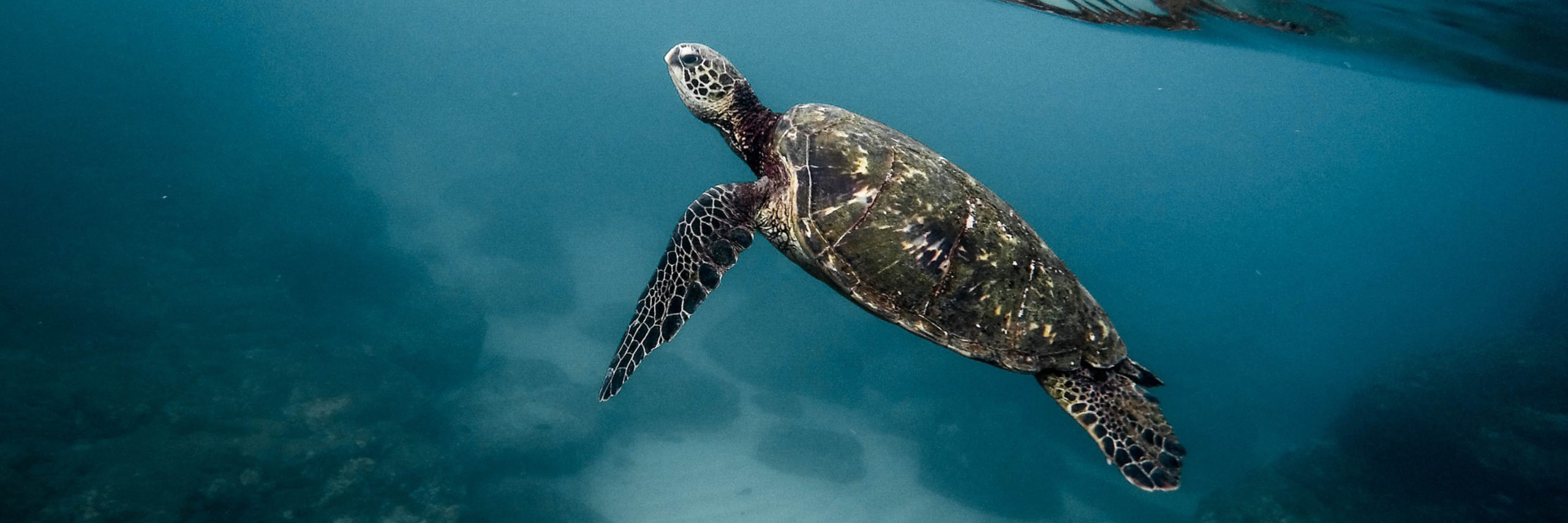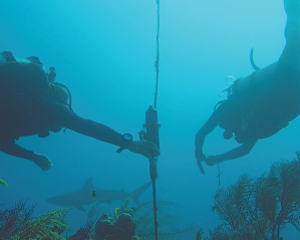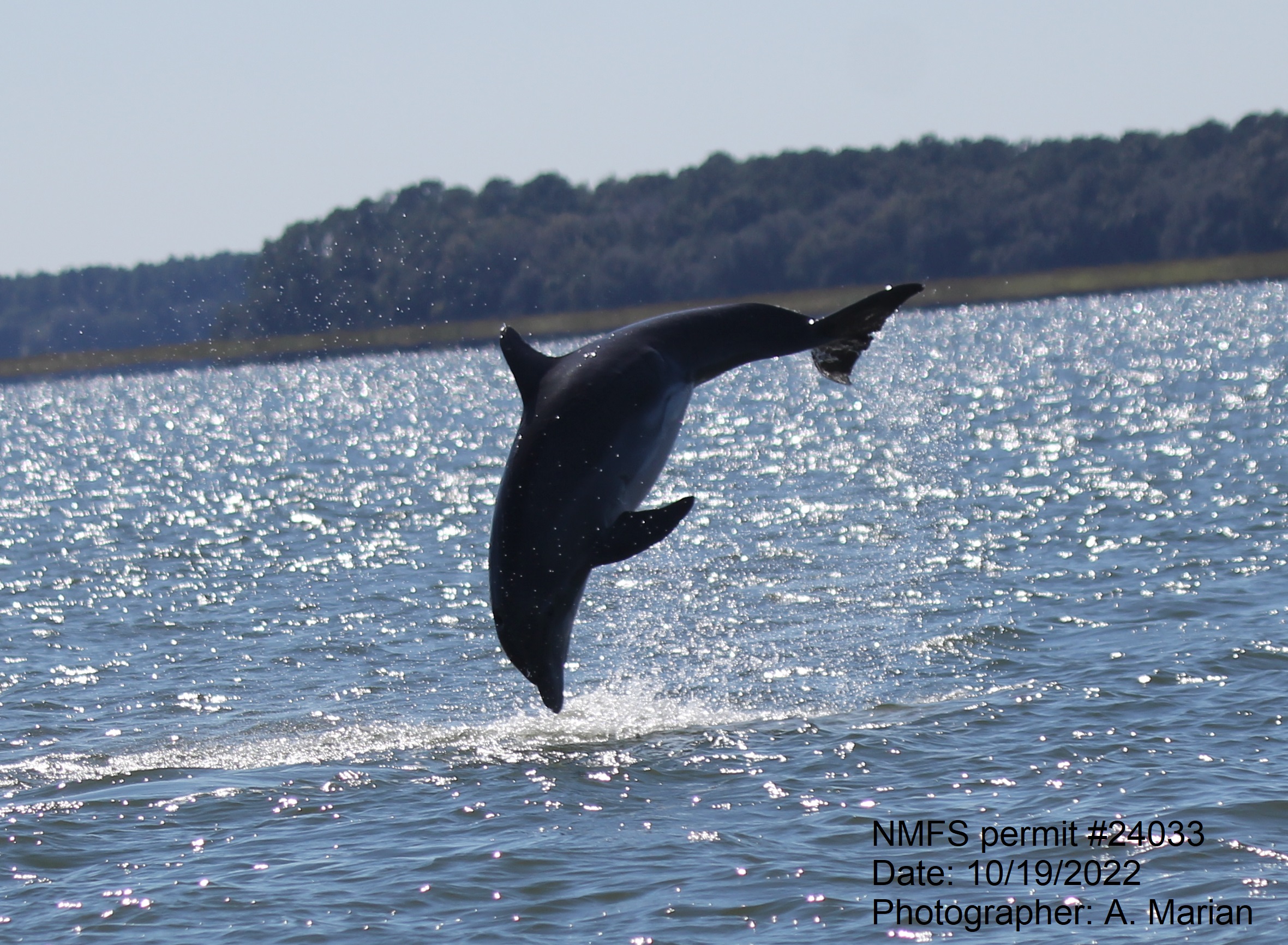
Marine Life News and Resources

The FACT Network
The FACT Network – a group of marine scientists working in the SECOORA region – are using acoustic telemetry and other technologies to better understand and conserve our region’s important fish and sea turtle species.

Estuarine Soundscape Observatory Network in the Southeast (ESONS)
ESONS utilizes passive acoustic recorders that allow continuous and long-term sampling of the underwater soundscape. These recordings provide information on the behavior of marine life and noise levels associated with human activity.

The Southeast Marine Mapping Tool
The Southeast Marine Mapping Tool developed by The Nature Conservancy assists ocean planning and management decisions, like offshore wind energy siting, by providing access to information such as observation and density data for marine species, seafloor and water column features, and ocean uses.
